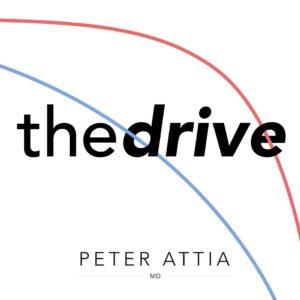
In this episode of the TED Radio Hour, titled “Living Longer … And Better,” host Guy Raz explores the concept of longevity and the factors that contribute to living a long and fulfilling life. Through conversations with various experts, the episode delves into the blue zones, areas around the world where people live exceptionally long lives, and the lessons we can learn from them.
Researcher Dan Butner has studied communities known as blue zones, where people live exceptionally long lives. These blue zones, found in places like Okinawa, Sardinia, and Costa Rica, offer valuable insights into the factors that contribute to longevity. Lifestyle and environment play a crucial role, with emphasis on exercise, purposeful living, and a plant-based diet. Family and community support, as well as favorable policies and environmental changes, also contribute to healthier and longer lives.
Okinawa, Japan, and Sardinia, Italy, are renowned for their high number of centenarians. In Okinawa, the population follows a traditional diet and embraces the concept of “ikigai.” Engaging with their brains and bodies adds years to their life expectancy. Sardinians, like Okinawans, have a similar diet and prioritize purposeful living. These examples show that lifestyle and community support are crucial for longevity.
Living with family and maintaining strong connections with older family members contribute to longer lives. The “grandmother effect” highlights the positive impact of having grandparents in a family. In Sardinia, spending time with older family members is seen as a privilege, emphasizing the importance of extended family and intergenerational relationships.
Remote blue zones provide an environment that fosters longevity by insulating residents from unhealthy habits and influences. Implementing supportive policies and environmental changes can promote healthier lifestyles. The Blue Zones project aims to replicate the environmental components of blue zones in American cities, leading to decreased obesity rates and improved well-being.
The blue zones offer valuable lessons on living longer and better lives. By prioritizing exercise, purpose, healthy diets, family connections, and supportive environments, we can increase our chances of living fulfilling and healthy lives. Implementing these lessons in our own lives and communities can lead to positive changes and improved well-being.